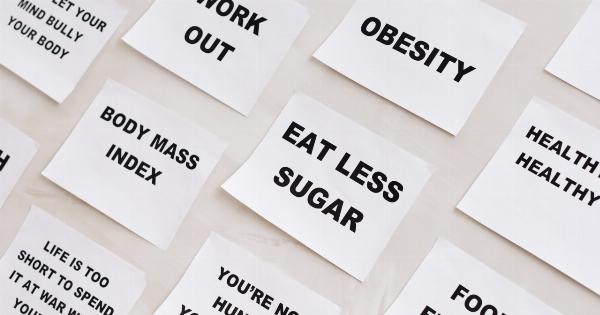Babies need healthy eating habits to grow strong and healthy. Proper nutrition can boost their development, optimize their mental and physical growth, and also reduce the risk of various health conditions.
To help you protect your baby’s health, here are some healthy eating habits you can adopt:.
1. Breastfeed as much as possible
For infants up to six months old, breast milk is the best source of nutrition. It contains all the essential nutrients that babies need to grow healthy and strong.
Breastfeeding also provides antibodies that help protect your baby from illnesses and infections. If you’re unable to breastfeed, consult your doctor to find the right formula for your baby.
2. Introduce solid foods gradually
When your baby reaches six months old, start introducing solid foods gradually. Begin with single ingredient purees such as mashed vegetables, and then gradually introduce more complex foods.
Introduce one new food at a time to check for any allergic reactions. Babies have small tummies, so feed them small amounts several times a day and avoid giving them any added salt or sugar.
3. Offer a variety of foods
Different foods provide different nutrients, so offer a variety of foods to your baby. Include fruits, vegetables, whole grains, lean proteins, and healthy fats in their diet.
Avoid feeding your baby too much processed or canned foods, as they can be high in sugar, salt, and preservatives.
4. Avoid giving sweetened beverages
Infants should only drink breast milk, formula, or water. Avoid giving them any sweetened beverages, including fruit juice. Fruit juice can be high in sugar and calories and can contribute to tooth decay.
If you want to introduce your baby to fruit juice, wait until they are at least one year old and dilute it with water.
5. Be patient
Babies may take time to adjust to solid foods. Some may reject certain foods, while others may prefer one food over others. Be patient and keep offering a variety of foods to your baby. It may take several attempts before they accept a new food.
Avoid forcing your baby to eat if they refuse, as it can lead to negative associations with food.
6. Plan healthy meals
Plan healthy meals for your baby’s meals. Use fresh, seasonal, and whole foods to prepare meals. If you’re unable to prepare meals every day, you can prepare meals in advance and freeze them.
Avoid feeding your baby fast foods and junk foods, as they are usually high in trans fats, salt, and sugar.
7. Limit screen time during meals
Avoid distractions during mealtimes, including TV, phones, or tablets. Focus on feeding your baby and create a calm and relaxed environment. This will help your baby to concentrate on their food and reduce the risk of overeating or choking.
8. Be a role model
Your baby looks up to you as a role model, so eat healthy foods yourself. Model good eating habits such as eating a variety of foods, avoiding junk foods, and eating meals at regular times.
This will help your baby to adopt healthy eating habits from an early age and improve their overall health.
9. Consult your pediatrician
If you have any concerns about your baby’s nutrition or growth, consult your pediatrician. They can advise you on the best diet for your baby, assess their growth and development, and monitor them for any potential health conditions.
10. Keep track of their growth
Regularly check your baby’s growth, including their weight, height, and head circumference. This will help you and your pediatrician to monitor their development and ensure they are meeting their growth milestones.






























